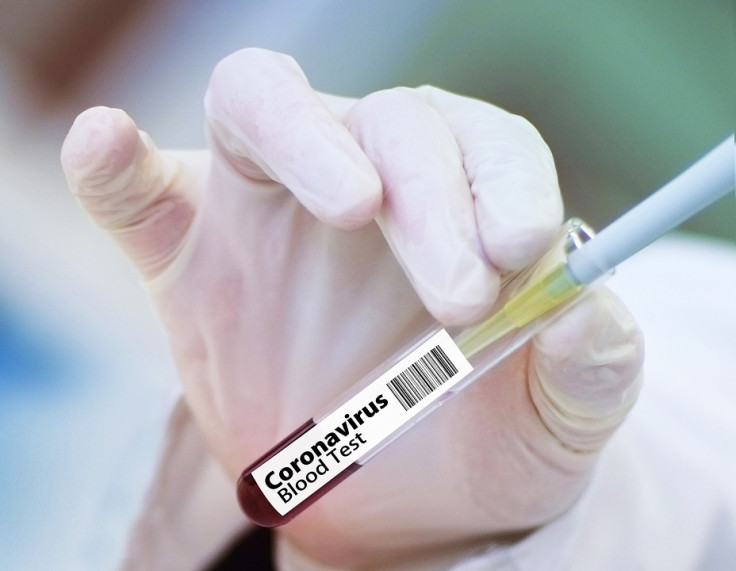Previous exposure to SARS virus may only offer limited protection against new coronavirus
An antibody, which was generated from a virus infection about 18 years ago from SARS, could only provide minimal defense against SARS-CoV-2.
Previous exposure to the 2003 SARS virus does not guarantee a better immune response to the new coronavirus.
A new study conducted by researchers at the Oregon Health & Science University (OHSU) published in the journal Cell Reports put qualification to previous reports that prior exposure to other members of the coronavirus family can offer an enhanced immune response against the new coronavirus. The study showed that the antibodies generated from infection from the 2003 SARS outbreak provide only limited protection against the new coronavirus.
Fikadu Tafesse, assistant professor of molecular microbiology and immunology at OHSU said that the research has some important implications in relation to the immunity of a person towards various coronavirus strains, more so that they are found to be continually mutating.
The authors revealed that a mutation would often occur quickly at a rate of one to two every month. With this premise, they explained that it is not surprising that an antibody, which was generated from a virus infection about 18 years ago from SARS, could provide minimal defense against SARS-CoV-2.
In a university release, Tafasse explained that he does not think that there is a one-size-fits-all vaccine. However, he recognises that the vaccines that are coming out now could break the momentum of the virus, and possibly end the pandemic. Still, he emphasised that such may still not be the end game.
The study also suggested that more research is needed so as to assess how long the vaccines for COVID-19 remain effective.
Timothy Bates, lead author of the study, in a reassuring tone, noted that while new mutant viruses have somewhat the propensity to dodge a number of antibodies that were made from a prior infection, each individual has a different immune system that can create a unique set of antibodies which can bind to various places on the virus.
"The chance of anyone SARS-CoV-2 variant escaping from all of them is quite low," said Bates.
The authors also noted that trying to identify a previous infection of COVID-19 through an analysis of antibodies present in the blood may be difficult. This is because of the presence of antibodies generated by other coronaviruses, which include those generated from the common cold.
"It provides more tools to study the biology of this virus because we have very limited reagents available right now for SARS-CoV-2," Tafasse said.
© Copyright IBTimes 2025. All rights reserved.






















